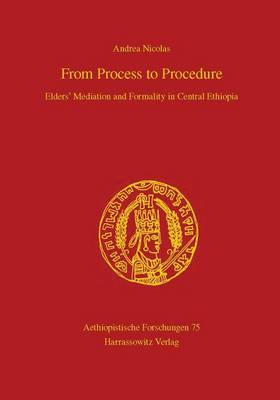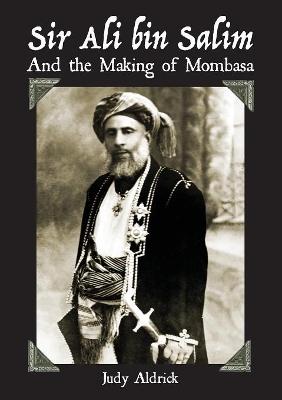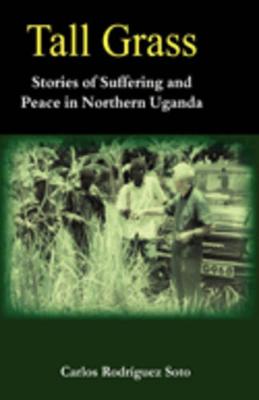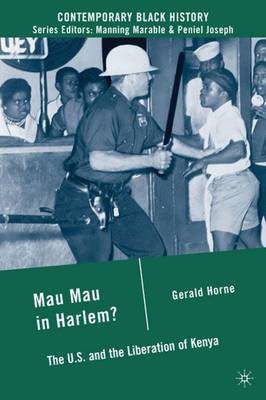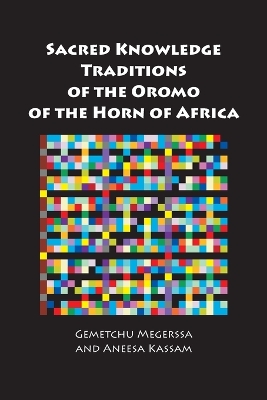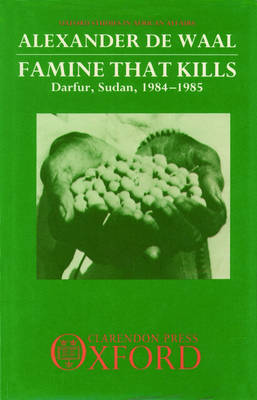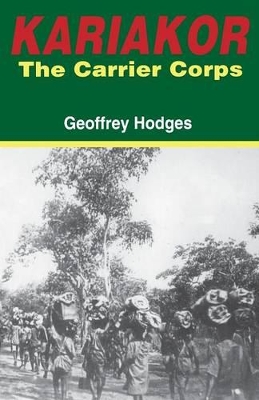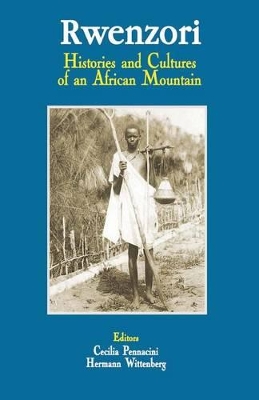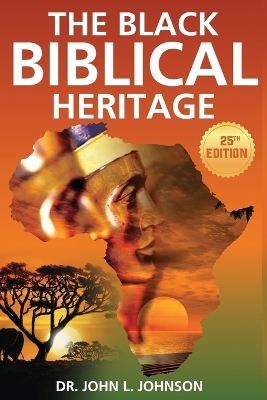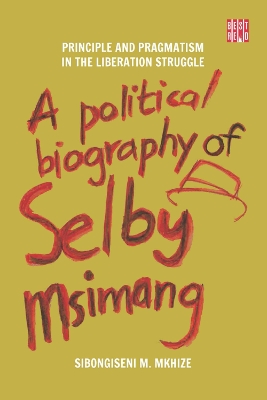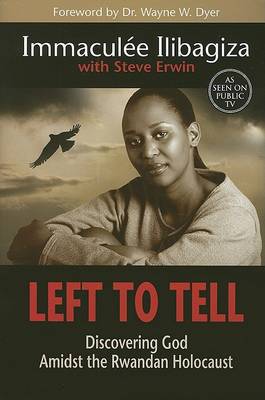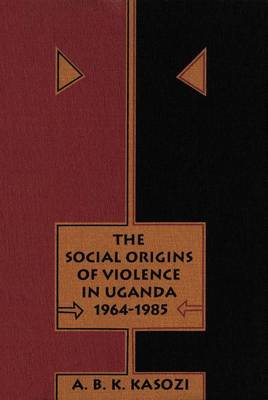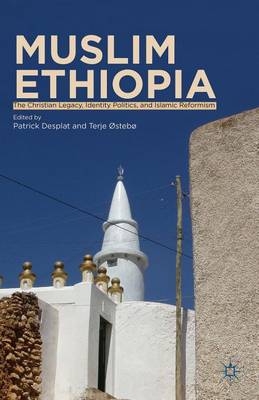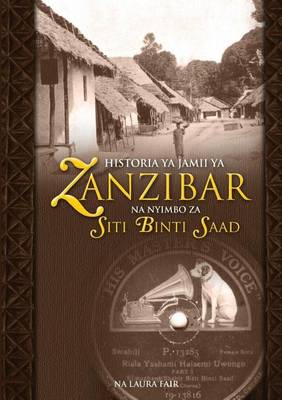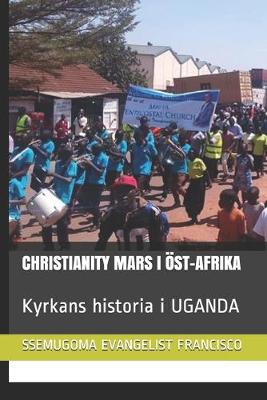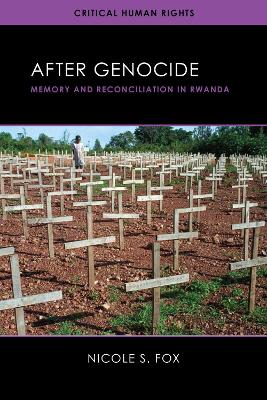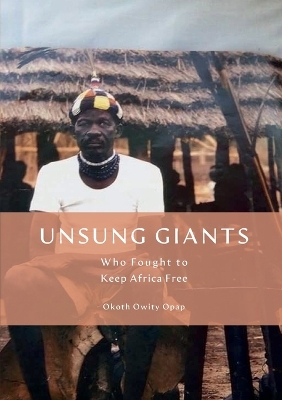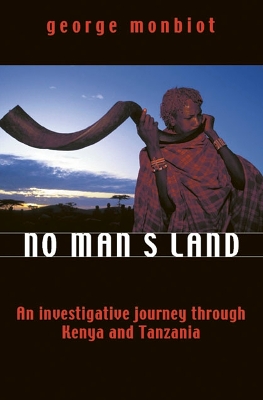From Process to Procedure. Elders' Mediation and Formality in Central Ethiopia (Aethiopistische Forschungen, #75)
by Andrea Nicolas
Wars and Insurgencies of Uganda 1971-1994 (Africa@War)
by Tom Cooper and Adrien Fontanellaz
In 1971, Idi Amin Dada, a former officer of the King's African Rifles and commander of the Ugandan Army, seized power in a military coup in Uganda. Characterised by human rights abuses, political repression, ethnic persecution, extrajudicial killings, nepotism, corruption and gross economic mismanagement, Amin's rule drove thousands into exile. Amin shifted the country's orientation in international relations from alliances with the West and Israel, to cooperation with the Soviet Union. With T...
Tall Grass. Stories of Suffering and Peace in Northern Uganda
by Carlos Rodriguez Soto
Based on archival research on three continents, this book addresses the interpenetration of two closely related movements: the struggle against white supremacy and Jim Crow in the U.S., and the struggle against similar forces and for national liberation in Colonial Kenya.
Sacred Knowledge Traditions of the Oromo of the Horn of Africa
by Gemetchu Megerssa and Aneesa Kassam
A study based on detailed field research during the terrible famine of 1984-85 in the Darfur region of Sudan. The author analyzes the famine from the perspective of the rural people who suffered it and in the process uncovers a number of new and important insights. When news of the famine broke in the West, relief experts predicted that, without massive food aid, millions of people would starve to death. Food aid on this scale did not arrive in time, but millions did not starve. Dr de Waal argue...
Kariakor. the Carrier Corps. the Story of the Military Labour Forces in the Conquest of German East Africa, 1914-1918
by Geoffrey Hodges
Henry Selby Msimang (1886-1982), one of the great South Africans of the twentieth century, was a founding member of the African National Congress in 1912, president of the pioneering Industrial and Commercial Workers Union in the 1920s-1930s, general secretary of the All African Convention in the 1930s, a member of the Natives Representative Council and provincial secretary of the Natal ANC in the 1940s and early 1950s, a prominent member of the Liberal Party in the 1950s and 1960s, a founder a...
Immaculee Ilibagiza grew up in a country she loved, surrounded by a family she cherished. But in 1994 her idyllic world was ripped apart as Rwanda descended into a bloody genocide. Immaculee’ family was brutally murdered during a killing spree that lasted three months and claimed the lives of nearly a million Rwandans.Incredibly, Immaculee survived the slaughter. For 91 days, she and seven other women huddled silently together in the cramped bathroom of a local pastor while hundreds of machete-w...
Muslim Ethiopia: The Christian Legacy, Identity Politics, and Islamic Reformism
Historia YA Jamii YA Zanzibar Na Nyimbo Za Siti Binti Saad
by Laura Fair
In the wake of unthinkable atrocities, it is reasonable to ask how any population can move on from the experience of genocide. Simply remembering the past can, in the shadow of mass death, be retraumatizing. So how can such momentous events be memorialized in a way that is productive and even healing for survivors? Genocide memorials tell a story about the past, preserve evidence of the violence that occurred, and provide emotional support to survivors. But the goal of amplifying survivors' voic...
This book tells the story of George Monbiots journeys among some of the tribal peoples of East Africa, showing how they are confronting the forces which threaten to deprive both them and us of the life that civilization has tried to suppress. In northern Kenya he saw how bandits, equipped by the corrupt governments of both Kenya itself and some of its neighbours, have been massacring the nomads, driving the survivors into famine zones where first the cattle then the humans die. Further south he...
